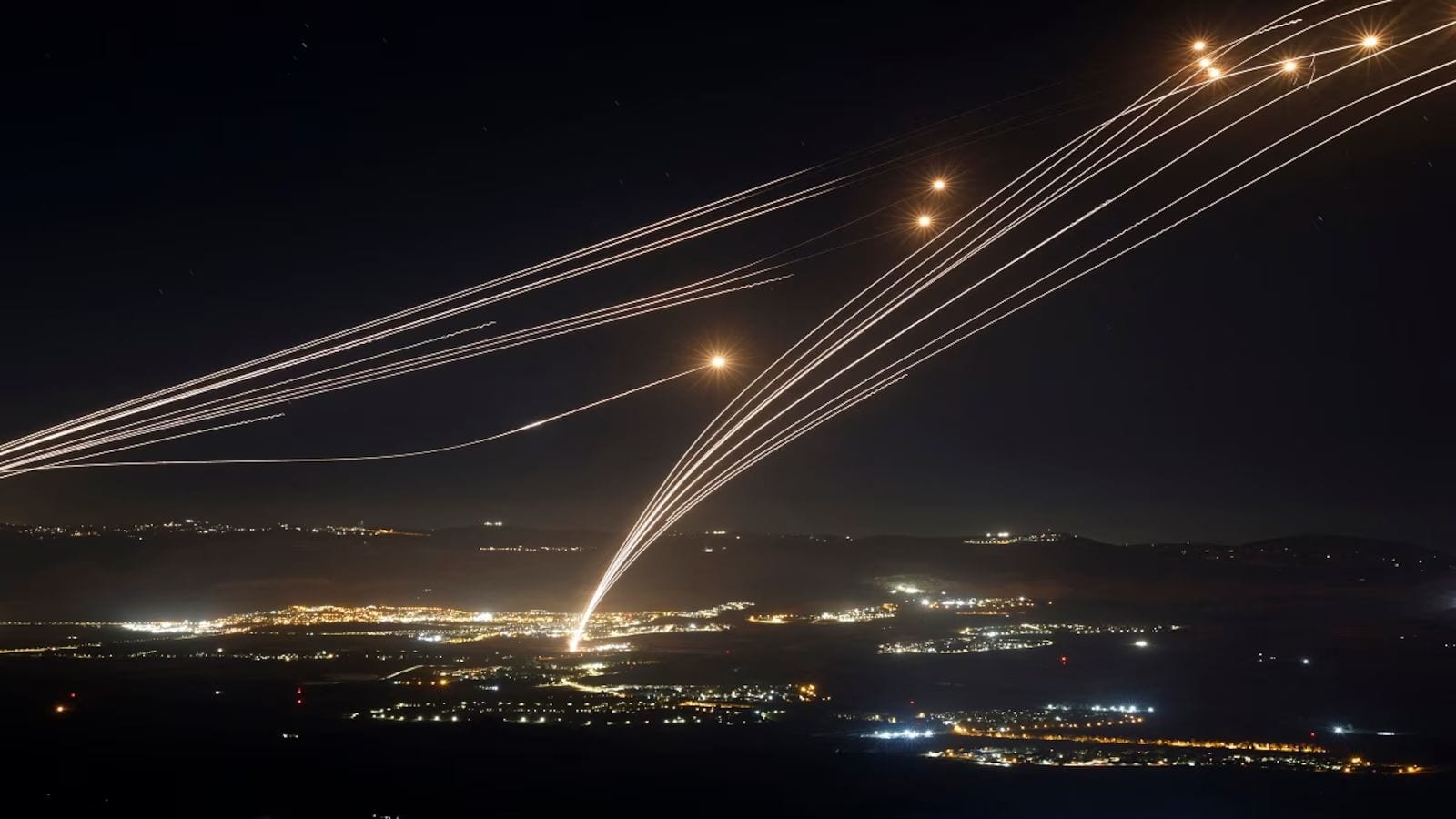The tension between Israel and Iran has reached alarming heights following Iran’s military aggression in recent months. On October 1, Iran executed its most significant direct assault on Israel, launching approximately 180 ballistic missiles. Fortunately, the majority of these missiles were intercepted successfully by Israel’s advanced anti-missile defense systems, supported by defensive capabilities from the United States and Jordan. This latest military engagement raises serious concerns about the escalating conflict in the Middle East, especially following a similar attack in April. Israel’s leadership has boldly warned Iran to brace for the repercussions of its actions, while Iran has vowed that it would respond to any Israeli retaliation with an intensified military response.
Comparing Military Powers: Israel vs. Iran
As the threat of war looms, it is essential to examine the military strength of both nations to understand the potential implications of a conflict. In terms of personnel and military assets, who stands stronger?
Military Personnel
| Country | Active Personnel | Reserved Forces | Paramilitary Forces |
|---|---|---|---|
| Israel | 170,000 | 465,000 | 35,000 |
| Iran | 610,000 | 350,000 | 220,000 |
In terms of active military personnel, Iran possesses a significantly larger army, with 610,000 active soldiers compared to Israel’s 170,000. Overall, Iran boasts the 14th largest army in the world, while Israel ranks 20th, illustrating a substantial difference in manpower and reserve capabilities.
Air Power Comparison
| Country | Total Aircraft | Fighter Jets | Helicopters |
|---|---|---|---|
| Israel | 612 | 241 | 146 |
| Iran | 551 | 186 | 129 |
Israel excels in air power with around 612 aircraft, including 241 fighter jets and 146 helicopters, comprising 48 combat helicopters specifically designed for warfare. In contrast, Iran’s air force consists of 551 aircraft, featuring 186 fighter jets and 129 helicopters, with only 13 classified as attack helicopters. Moreover, Israel maintains 23 specialized aircraft for various missions, enhancing its operational versatility.
Ground Forces: Weapons Comparison
| Country | Tanks | Armored Vehicles | Artillery Units | |
|---|---|---|---|---|
| Israel | 1,370 | 43,407 | 650 | 150 |
| Iran | 1,996 | 65,765 | 580 |
Looking at ground forces, Israel has a total of 1,370 tanks and 43,407 armored vehicles, backed by 650 automatic artillery units. Nevertheless, Iran holds a clear advantage in tanks with a substantial fleet of 1,996. However, Iran’s artillery capabilities are relatively lower, with only 580 systems compared to Israel’s larger number of artillery units, which indicates a complex balance of forces on the ground.
Naval Capabilities
When it comes to naval power, Israel’s capabilities are relatively modest. The Israeli Navy lacks frigates but operates 5 submarines, seven corvettes, and 45 patrol ships. On the other hand, Iran boasts a more robust naval presence, possessing seven frigates, three submarines, and 19 patrol vessels, alongside a mine warfare vessel, reflecting its strategic emphasis on maritime strength.
Calls for Peace
In the wake of Iran’s missile strikes, Israeli Prime Minister Benjamin Netanyahu condemned the attack, asserting that Iran has made a severe miscalculation and will face dire consequences. Meanwhile, Iran’s Revolutionary Guards claim the missile offensive is a response to previous actions by Israel, including the assassination of prominent military leaders. The United Nations has urgently called for an immediate ceasefire from both nations to prevent further escalation and promote stability in the region.












